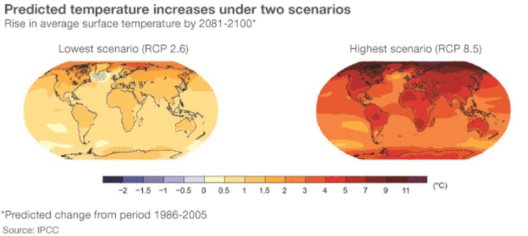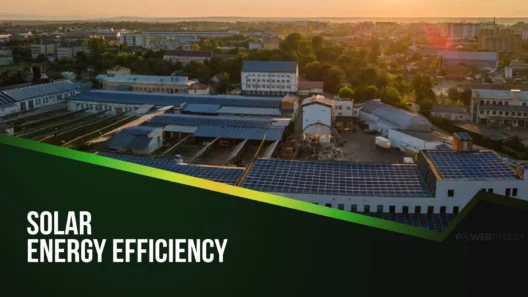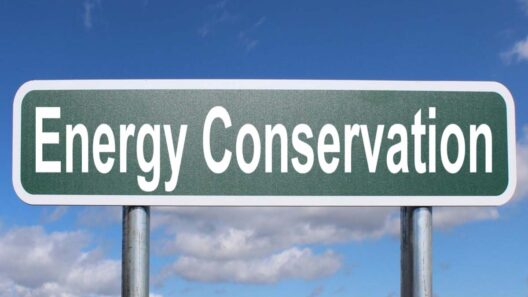Energy conservation is a pressing issue that requires collective action. The escalating concern regarding energy resources and their sustainability has generated profound interest and urgency. People increasingly seek ways to reduce their energy consumption, recognizing not only the financial benefits but also the environmental impact of their habits. Here we explore practical solutions and initiatives that can significantly cut back on energy use in everyday life.
Understanding the importance of energy conservation is crucial. Not only do these practices reduce our carbon footprint, but they also contribute to preserving precious natural resources and ensuring a healthier planet for future generations. The following sections discuss actionable steps that individuals and households can implement to conserve energy effectively.
Simple Adjustments: Small Changes, Big Impact
One of the most effective strategies for energy conservation involves making simple adjustments to daily routines. These modifications, while seemingly minor, can produce considerable effects over time.
Switch to Energy-Efficient Appliances
One of the most transformative changes households can implement is replacing conventional appliances with energy-efficient models. The U.S. Department of Energy estimates that energy-efficient appliances can use up to 50% less energy than their standard counterparts. Look for products with the Energy Star label, which signifies compliance with stringent energy efficiency guidelines.
Utilize Smart Home Technology
Integrating smart home technology is another innovative approach to conserve energy. Smart thermostats, lighting systems, and smart plugs enable users to manage energy consumption remotely and more efficiently. For example, a smart thermostat can learn your schedule and adjust the heating or cooling accordingly, ensuring that energy is not wasted when the house is empty.
Adopt Renewable Energy Sources
Consider investing in renewable energy sources, such as solar panels for your home. While the initial costs may seem daunting, numerous incentives and financing options make solar energy more accessible. Transitioning to renewable energy can drastically reduce reliance on fossil fuels and contribute to a more sustainable energy landscape.
Behavioral Changes: The Power of Habit
Behavioral alterations are fundamental to energy conservation in both individual and collective contexts. Many energy-saving techniques hinge on enhancing awareness and instilling sustainable habits.
Be Mindful of Energy Usage
Increasing awareness of the devices consuming electricity is essential. Simple strategies, such as unplugging devices when not in use or utilizing power strips to turn off multiple electronics with one switch, can decrease energy consumption. Moreover, adopting the habit of turning off lights in unoccupied rooms can have a surprisingly significant effect on overall energy savings.
Implement Temperature Control Techniques
Heating and cooling represent a substantial portion of a household’s energy usage. Aiming to maintain temperatures within a moderate range can prevent excessive energy use. During winter, set the thermostat to a lower setting and rely on additional layers of clothing or blankets. Conversely, during summer, consider using fans instead of air conditioning when feasible.
Practice Efficient Water Heating
Water heating is another area where energy savings can be realized. Lowering the thermostat on the water heater to 120 degrees Fahrenheit can decrease energy consumption. Additionally, insulate water heater tanks and pipes to minimize heat loss, ensuring that water remains warm with less energy input.
Community Efforts: Transforming Collective Energy Consumption
Collective action can amplify the impact of individual efforts. Community-driven initiatives can foster a shared commitment to energy conservation and promote awareness about sustainable practices.
Organize Energy Audits
Working with local organizations or utility companies to conduct community energy audits can identify areas where households can improve energy efficiency. These audits provide tailored recommendations for conservation and support communities in making informed decisions regarding energy use.
Engage in Local Sustainability Programs
Many communities have sustainability programs or committees focused on energy conservation and environmental protection. Participating in these initiatives not only enhances individual knowledge but also fosters collaborative projects that aim to reduce overall energy use within the community.
Advocate for Policy Changes
Civic engagement is paramount. Advocating for policies that promote renewable energy and energy efficiency can drive systemic changes within broader frameworks. Engaging with local representatives and supporting initiatives for green energy projects can help facilitate a shift toward sustainable energy practices on a larger scale.
Long-Term Vision: Shaping the Future of Energy Consumption
As conversations around energy conservation become more mainstream, a long-term perspective is necessary. Energy conservation cannot be achieved through individual efforts alone; it requires a cultural shift in how society values and uses energy.
Educate Future Generations
Integrating energy conservation education into school curricula can empower future generations to prioritize sustainability. Children equipped with a solid understanding of energy issues will be more likely to engage in responsible consumption practices as adults, thereby fostering a culture of conservation.
Promote Research and Innovation
Supporting research into innovative technologies and methodologies aimed at reducing energy consumption can pave the way for breakthroughs in energy efficiency. Encouraging investments in scientific research can lead to practical solutions and improved systems for energy management.
Recognizing the necessity for energy conservation is an essential step in addressing the larger existential crisis regarding climate change and resource depletion. By adopting practical solutions, making conscious behavioral changes, engaging in community efforts, and advocating for systemic change, individuals and societies can collectively decrease energy consumption and create a more sustainable future.







